Memory
Recent articles
What infant fMRI is revealing about the developing mind
Cognitive neuroscientists have finally clocked how to perform task-based functional MRI experiments in awake babies—long known for their inability to lie still or take direction. Next, they aim to watch cognition take shape and settle a debate about our earliest memories—with one group publishing a big clue today.
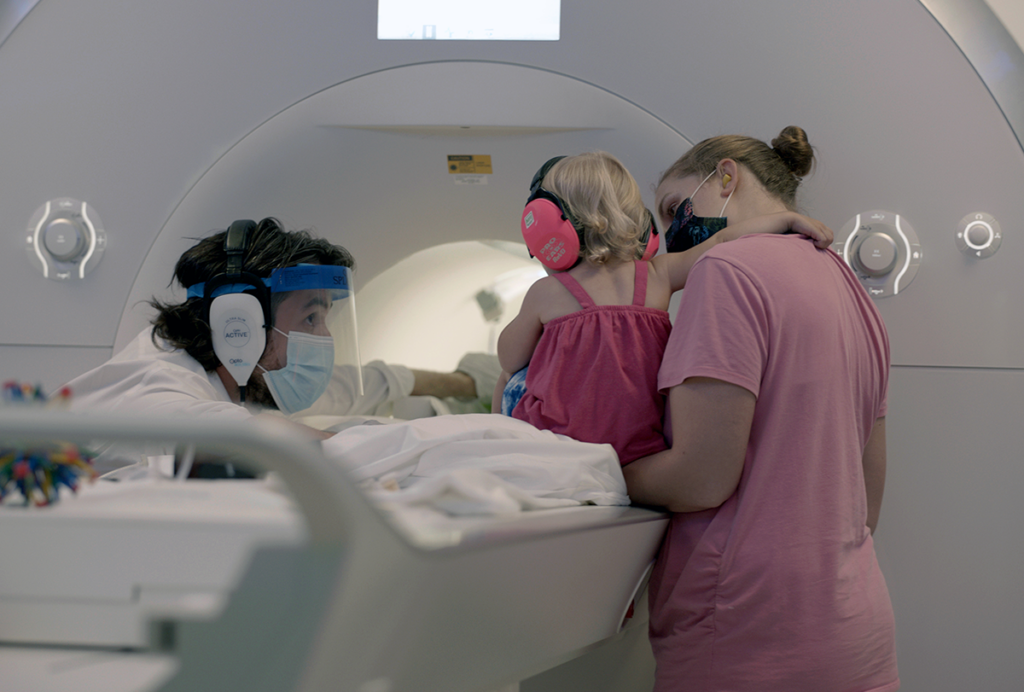
What infant fMRI is revealing about the developing mind
Cognitive neuroscientists have finally clocked how to perform task-based functional MRI experiments in awake babies—long known for their inability to lie still or take direction. Next, they aim to watch cognition take shape and settle a debate about our earliest memories—with one group publishing a big clue today.
Alison Preston explains how our brains form mental frameworks for interpreting the world
Preston discusses her research examining differences in how children, teenagers and adults integrate new information into their memories.
Alison Preston explains how our brains form mental frameworks for interpreting the world
Preston discusses her research examining differences in how children, teenagers and adults integrate new information into their memories.
Ciara Greene on the quirks and complexities of human episodic memory
Greene's book, “Memory Lane: The Perfectly Imperfect Ways We Remember,” explores the many factors that affect how we recall the events in our lives, from the mundane to the emotionally powerful.
Ciara Greene on the quirks and complexities of human episodic memory
Greene's book, “Memory Lane: The Perfectly Imperfect Ways We Remember,” explores the many factors that affect how we recall the events in our lives, from the mundane to the emotionally powerful.
Subthalamic plasticity helps mice squelch innate fear responses
When the animals learn that a perceived threat is not dangerous, long-term activity changes in a part of the subthalamus suppress their instinctive fears.
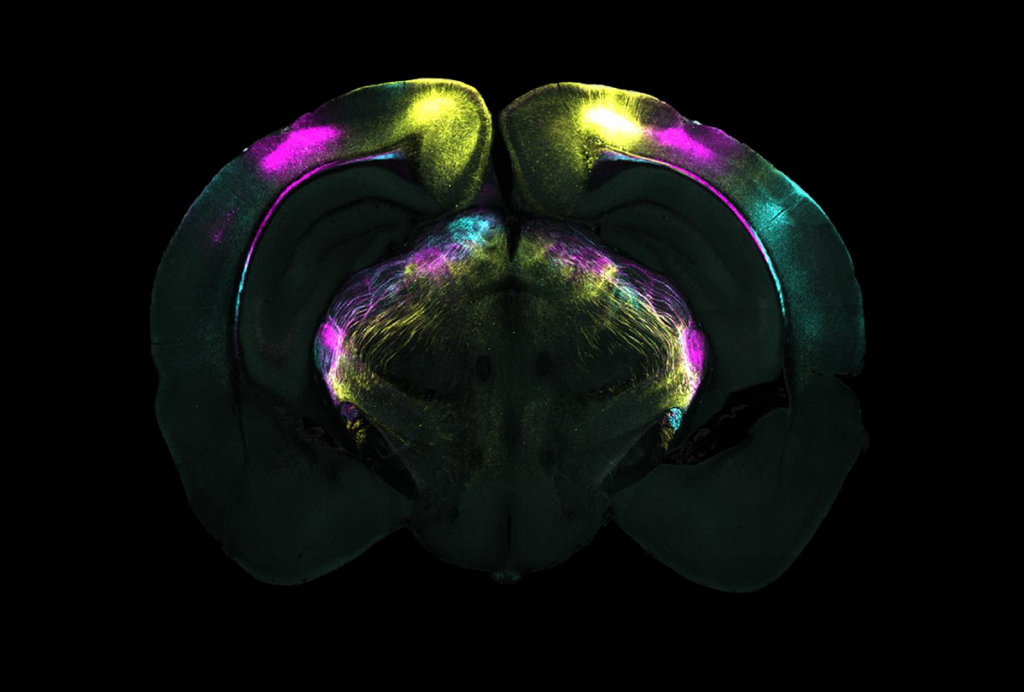
Subthalamic plasticity helps mice squelch innate fear responses
When the animals learn that a perceived threat is not dangerous, long-term activity changes in a part of the subthalamus suppress their instinctive fears.
David Robbe challenges conventional notions of time and memory
Inspired by his own behavioral neuroscience research and the philosophy of Henri Bergson, Robbe makes the case that we don't have clocks in our brains but instead perceive time by way of our interactions with the world.
David Robbe challenges conventional notions of time and memory
Inspired by his own behavioral neuroscience research and the philosophy of Henri Bergson, Robbe makes the case that we don't have clocks in our brains but instead perceive time by way of our interactions with the world.
Remembering Eleanor Maguire, ‘trailblazer’ of human memory
Maguire, mastermind of the famous London taxi-driver study, broadened the field and championed the importance of spatial representations in memory.

Remembering Eleanor Maguire, ‘trailblazer’ of human memory
Maguire, mastermind of the famous London taxi-driver study, broadened the field and championed the importance of spatial representations in memory.
The Transmitter’s favorite essays and columns of 2024
From sex differences in Alzheimer’s disease to enduring citation bias, experts weighed in on important scientific and practical issues in neuroscience.
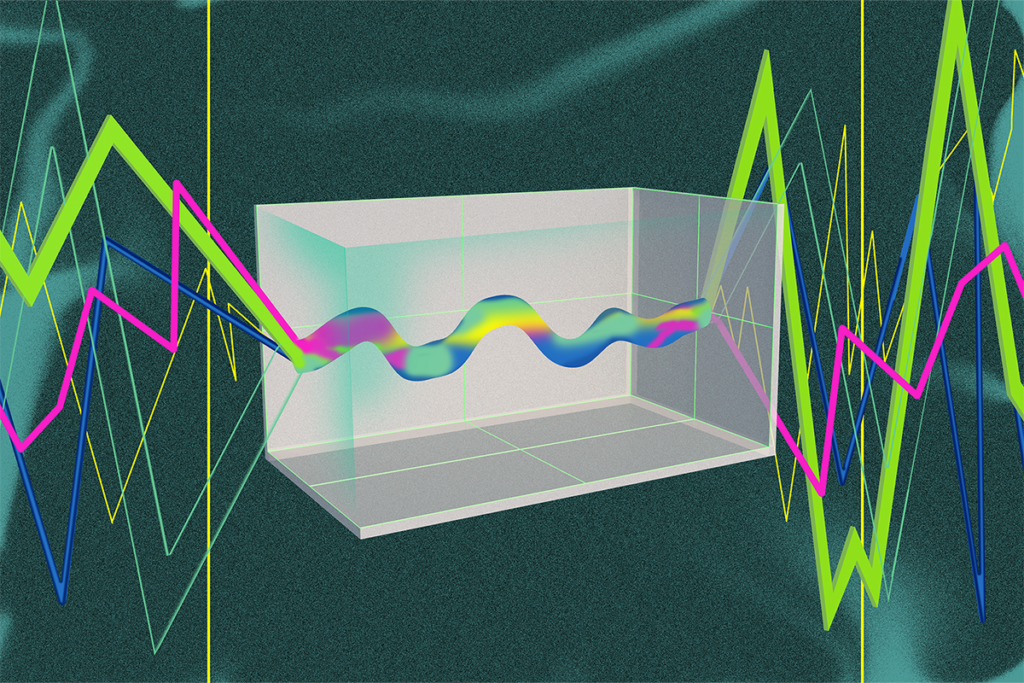
The Transmitter’s favorite essays and columns of 2024
From sex differences in Alzheimer’s disease to enduring citation bias, experts weighed in on important scientific and practical issues in neuroscience.
The Transmitter’s favorite podcasts of 2024
Our picks include a deep dive into dopamine, the role of PKMzeta in memory, and studying the stomatogastric ganglion.
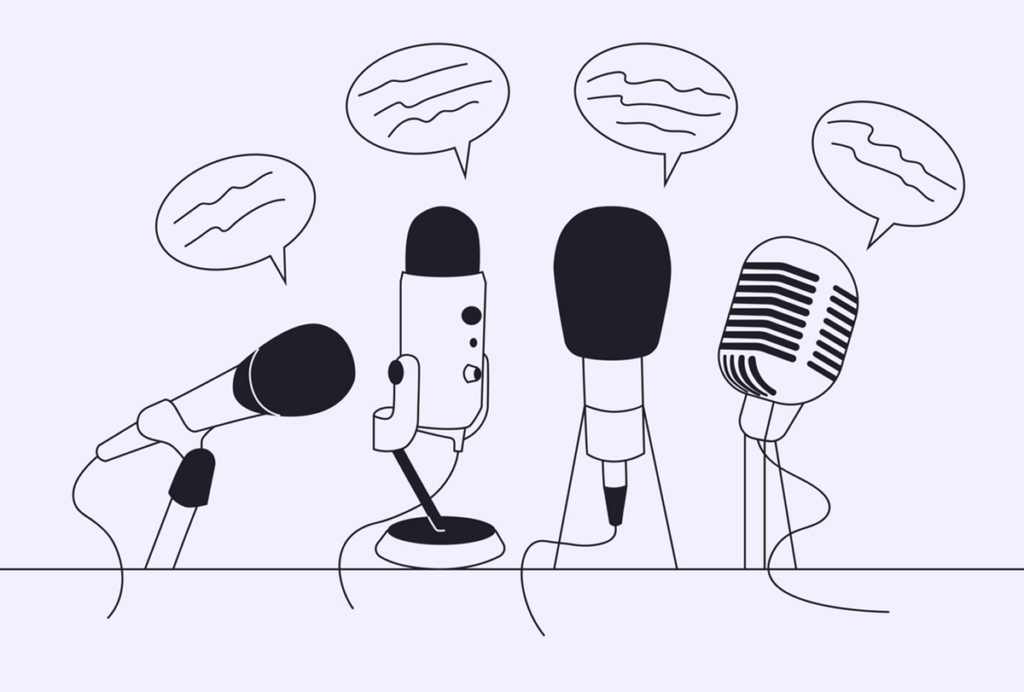
The Transmitter’s favorite podcasts of 2024
Our picks include a deep dive into dopamine, the role of PKMzeta in memory, and studying the stomatogastric ganglion.
‘Sacred objects’ display discredits Golgi and Ramón y Cajal’s rivalry: Q&A with curator Daniel Colón Ramos
A new exhibit that opened last week shows drawings from the influential duo side by side for the first time and recasts them as collaborators. It also reveals lessons for modern scholars.
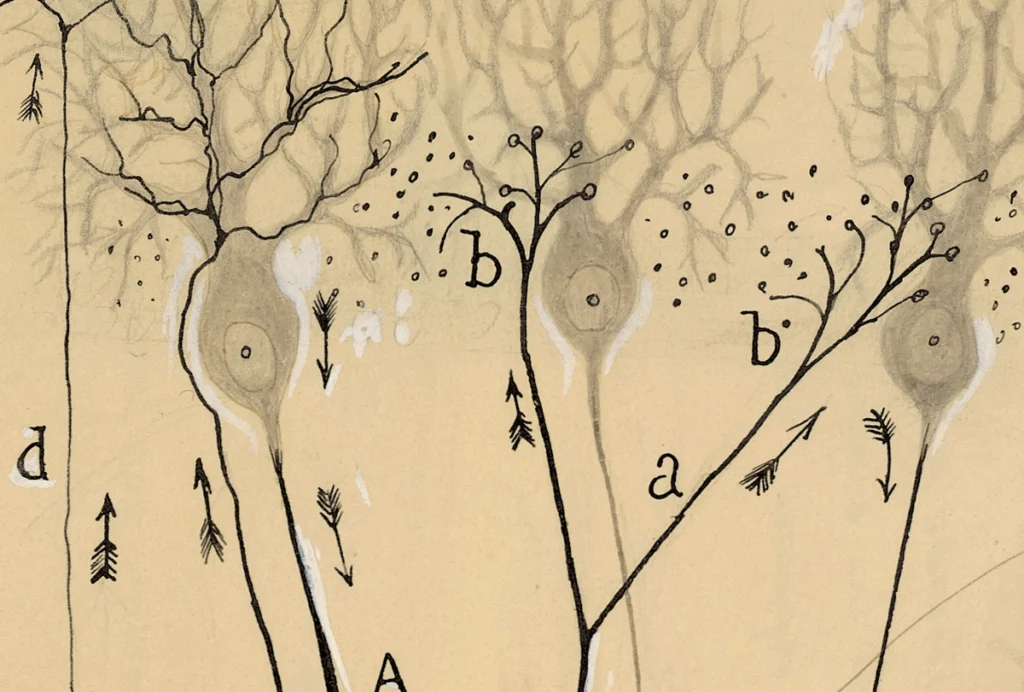
‘Sacred objects’ display discredits Golgi and Ramón y Cajal’s rivalry: Q&A with curator Daniel Colón Ramos
A new exhibit that opened last week shows drawings from the influential duo side by side for the first time and recasts them as collaborators. It also reveals lessons for modern scholars.
Stress warps fear memories in multiple ways
Expanding the bounds of a fear memory or linking it to a neutral memory can shape a mouse’s fear response, two new studies show.
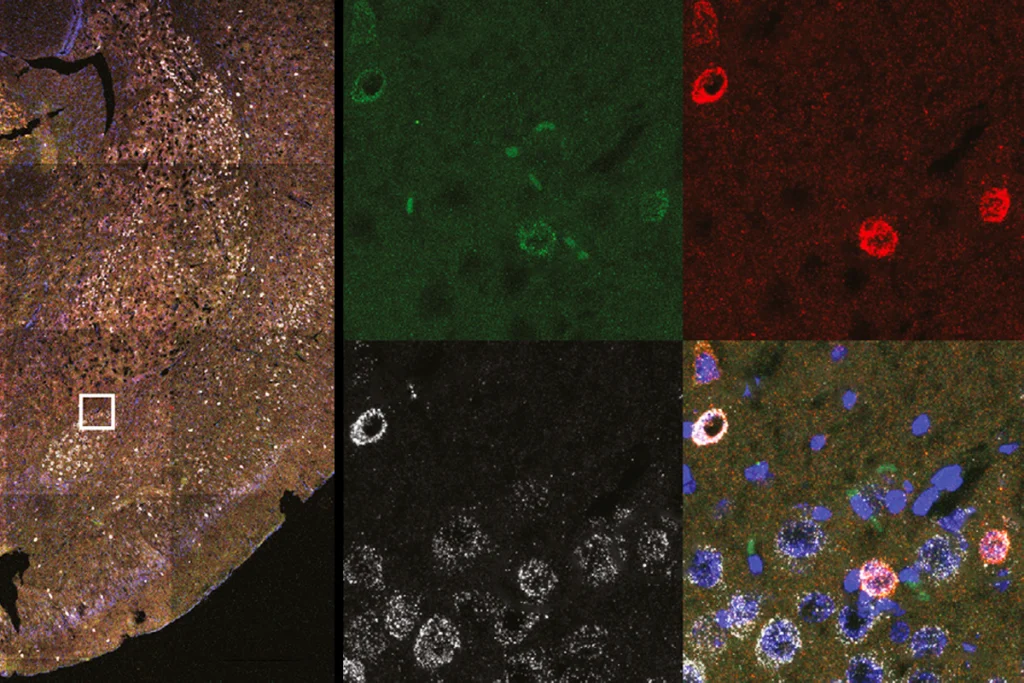
Stress warps fear memories in multiple ways
Expanding the bounds of a fear memory or linking it to a neutral memory can shape a mouse’s fear response, two new studies show.
Explore more from The Transmitter
During decision-making, brain shows multiple distinct subtypes of activity
Person-to-person variability in brain activity might represent meaningful differences in cognitive processes, rather than random noise.

During decision-making, brain shows multiple distinct subtypes of activity
Person-to-person variability in brain activity might represent meaningful differences in cognitive processes, rather than random noise.
Basic pain research ‘is not working’: Q&A with Steven Prescott and Stéphanie Ratté
Prescott and Ratté critique the clinical relevance of preclinical studies in the field and highlight areas for improvement.

Basic pain research ‘is not working’: Q&A with Steven Prescott and Stéphanie Ratté
Prescott and Ratté critique the clinical relevance of preclinical studies in the field and highlight areas for improvement.
Proposed NIH budget cut threatens ‘massive destruction of American science’
A leaked draft of a Trump administration proposal includes an approximately 40 percent cut to the National Institutes of Health’s budget and a major reorganization of its 27 institutes and centers.

Proposed NIH budget cut threatens ‘massive destruction of American science’
A leaked draft of a Trump administration proposal includes an approximately 40 percent cut to the National Institutes of Health’s budget and a major reorganization of its 27 institutes and centers.